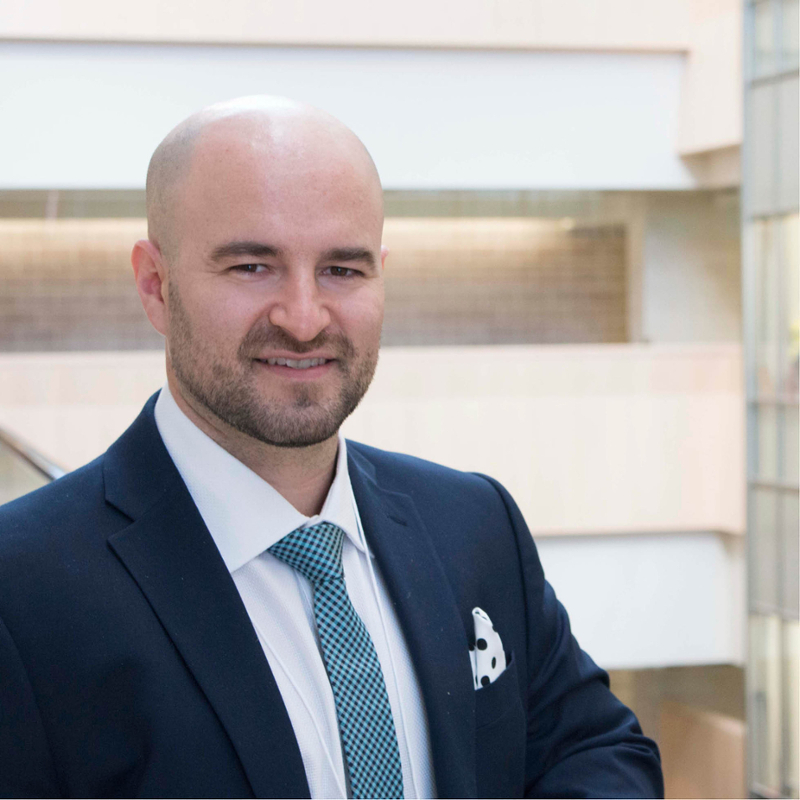
12 Tips for Promoting Mental Health and Well-Being During COVID-19
Reading all the articles and studies getting published on COVID-19 inspired me to create something that would help others do just that. A practical framework for supporting our own and others’ psychological needs for motivation and wellness.
By Adam NeufeldMy name is Adam Neufeld and I am a graduating USask medical student and incoming Family Medicine resident at the University of Calgary.
At the moment, I think the pandemic has thrown us all off and made us all feel a bit helpless and detached. Missing each other, being unable to help care for patients, losing a graduation (for the 2020 class). I think everyone is grieving some kind of loss and looking for ways to stay positive right now.
Reading all the articles and studies getting published on COVID-19 inspired me to create something that would help others do just that. A practical framework for supporting our own and others’ psychological needs for motivation and wellness.
Looking for additional perspective and a collaborator, I brought my idea to my research supervisor, Dr. Greg Malin, an assistant professor in the Department of Academic Family Medicine, as well as a medical educator and the academic director for the Undergraduate Medical Education program.
I previously had the opportunity to work with Dr. Malin when I helped found and publish research on the College of Medicine’s near-peer mentoring program—PULSE (Peers United in Leadership & Skills Enhancement), as well as through several Dean’s summer research projects we conducted together. These projects were in the area of Self-Determination Theory, with a focus on the learning environment in medical school and its impact on student well-being.
Together we recently published, “Twelve tips to combat ill-being during the Covid-19 pandemic: A guide for health professionals & educators” in the AMEE Journal MedEdPublish. Our article is a theory-based guide for health professionals and educators, on ways to combat stress and stay well, during the pandemic. It was written with our doctors, teachers, administrators, and students in mind, especially.
Our article outlines how people have natural tendencies towards growth, mastery and connectedness, and how, for these tendencies to function optimally, they require support for three basic psychological needs – autonomy, competence and relatedness.
To read more tips on promoting mental health as a current or future health professional, visit MedEdPublish.
